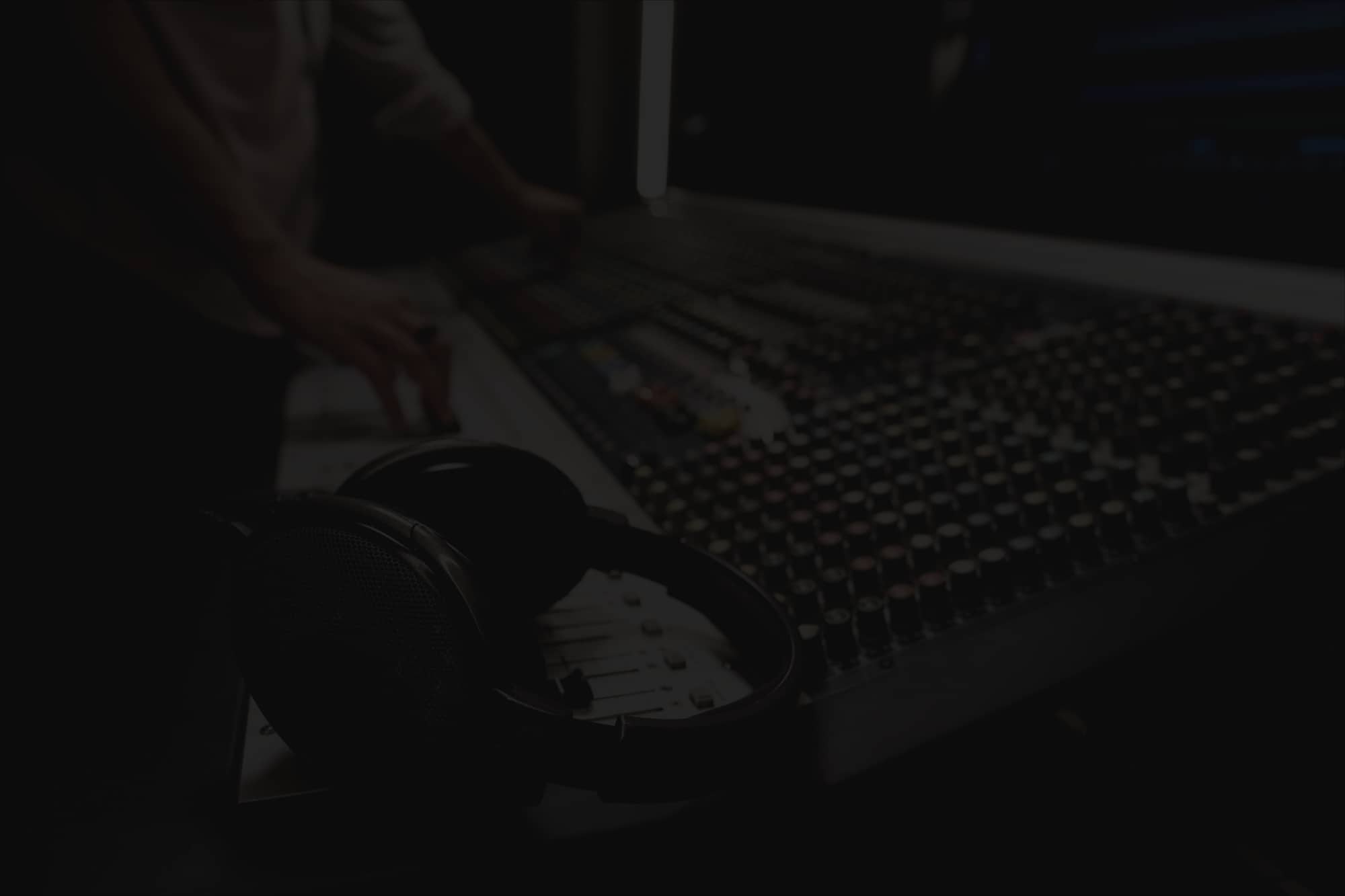Think back to the first time you watched Star Wars. Long before you saw Darth Vader step into frame, you heard him, an unsettling mechanical breath that told you everything about the villain before a single line of dialogue. Or recall Joker, where the shriek of subway brakes and distant police sirens make Gotham feel claustrophobic, turning Arthur’s mental unravelling into something you can almost feel under your skin. Those sensations aren’t accidents; they’re the result of audio post-production, an intricate craft that shapes raw recordings into the emotional engine of every story.
Why does it matter?
Our brains are hard-wired to trust our ears. Sound tells us where to look, when to tense up, and whether to laugh or cry. Strip audio from even the most visually stunning film and the narrative flattens. That’s why post-production begins the moment filming ends. Picture editors lock the picture, and then the audio team begins its quiet marathon: cleaning, layering, sculpting and balancing every sonic detail until it disappears into the story.
The journey from raw tape to polished soundtrack
Dialogue first
On set, actors compete with wind, traffic and rustling costumes. Dialogue editors comb through every microphone feed, cutting clicks and hiss, tightening phrasing and—when all else fails, inviting actors back to the studio for Automated Dialogue Replacement (ADR). Here they re-record lines that slipped through the cracks, matching the original lip movements with frame-by-frame precision.
Building the world
Once voices are clean, sound designers step in. They capture or invent the noises that make a scene breathe: a cape snapping in the wind, neon buzzing outside a diner, rain hammering a tin roof. Foley artists then recreate everyday actions—footsteps, chair scrapes, a glass set gently on a table, because the real sounds captured on set rarely land where the camera does.
Scoring emotion
Music sweeps in to frame the audience’s feelings. Working hand-in-glove with the director, composers decide whether a moment should soar, sting or quietly unsettle. A recurring motif can signal hope, danger or nostalgia long before the viewer recognises the pattern.
The grand mix
Imagine an enormous jigsaw puzzle where every piece is invisible until it’s in exactly the right place. Mix engineers balance levels so dialogue sits forward, thunder rolls overhead, and music lifts the heart without drowning the scene. They may mix in stereo, surround or Dolby Atmos, but the goal is constant: translate the director’s intent to every screen and every pair of headphones.
Mastering and delivery
Finally, the project is checked for technical perfection. Engineers shape dynamics so it plays equally well on a cinema sub-woofer or a mobile phone speaker, export the required formats, and hand the master to distribution. Only then is the soundtrack truly finished.
Technology rewriting the rulebook
Audio post-production is evolving faster than ever. Immersive formats like Atmos place sounds above, behind and even below the listener, pulling audiences deeper into the narrative. Virtual-reality projects demand full 360-degree audio that changes as you turn your head. Meanwhile, AI-powered tools now isolate dialogue or predict optimal loudness in seconds, tasks that once devoured entire days, letting human engineers focus on creative decisions. And because cloud platforms make sharing stems and revisions instant, a composer in Bogotá can tweak cues while a mixer in Dubai balances the final act.
Choosing a studio you can trust
Great sound is invisible when it’s done right, so picking the team who will craft it shouldn’t be. Start by listening to a studio’s previous work on the best speakers you own; clarity, depth and emotional punch never lie. Ask about their workflow: do they offer end-to-end services, from ADR and Foley to Atmos mastering, so you aren’t juggling multiple vendors? Finally, gauge how they communicate. Audio post-production is a collaborative marathon, and the best outcomes come from partners who translate technical jargon into plain advice.
BKP: where stories learn to sing
For over two decades, BKP has helped filmmakers, game developers, brands and podcasters turn good ideas into unforgettable experiences. Our Dubai headquarters houses world-class Foley pits, dedicated ADR booths and one of the region’s first purpose-built Atmos stages. Whether you need a single voice-over session or complete sound supervision, we bring the same obsession with storytelling and detail that makes Vader’s breath, or Joker’s cityscape, live forever in the mind.
Need your next project to sound as good as it looks? Get in touch with BKP and let’s transform raw sound into a spectacular experience your audience will never forget.












